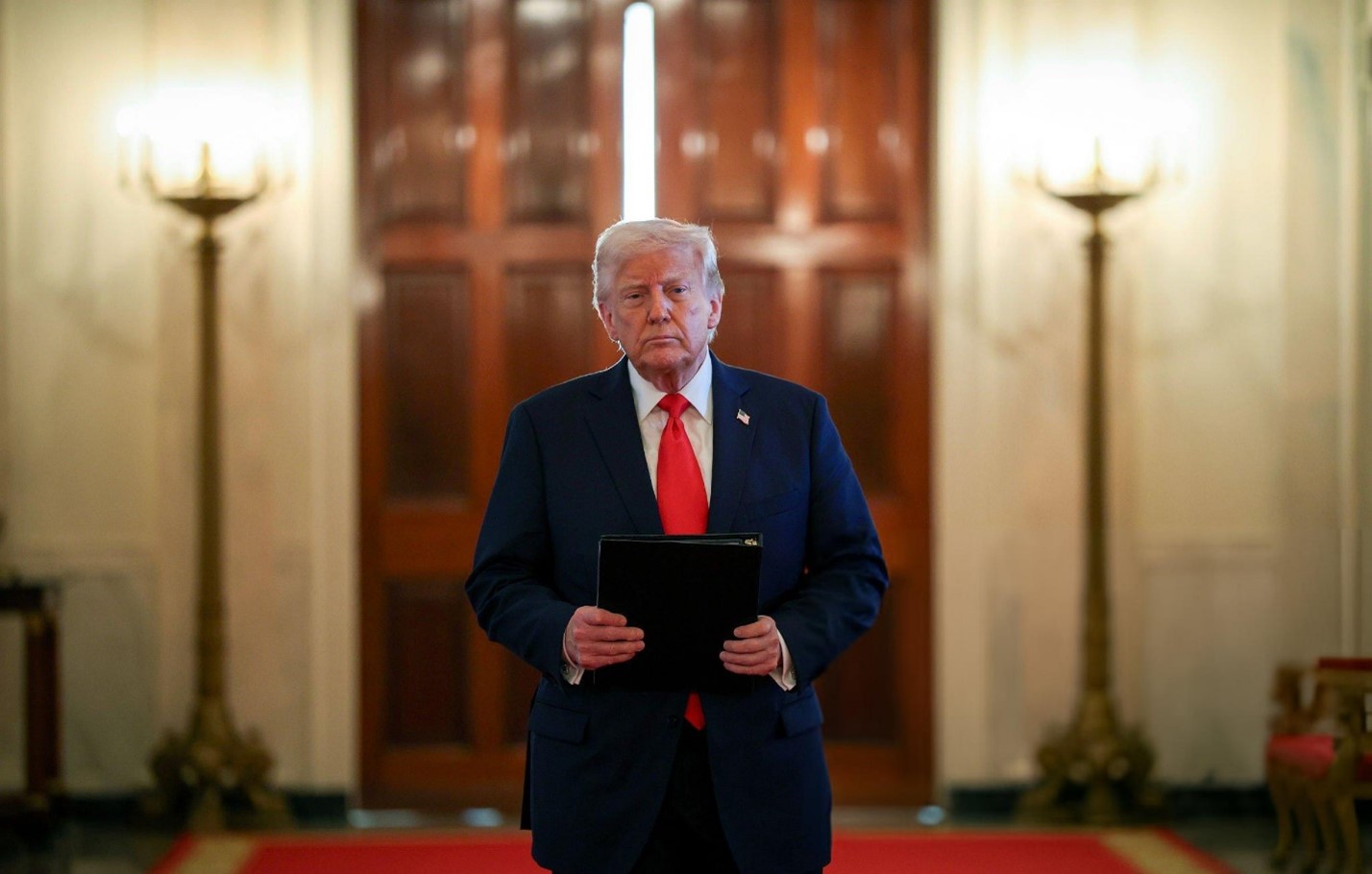A diplomatic blunder, a fiercely worded letter, and a staggering $2.2 billion in federal funds frozen — Harvard University is now at the centre of a growing political storm after a high-level clash with the Trump administration, reportedly triggered by a letter that was never meant to be sent.
According to a report by The New York Times, a letter sent on 11 April from the White House’s antisemitism task force to Harvard, outlining sweeping demands related to hiring, admissions, and curriculum policies, was “unauthorised” and dispatched “by mistake”. Two sources close to the situation confirmed the email was not cleared for release and described its transmission as a serious misstep.
The letter, signed by Sean Keveney, acting general counsel at the Department of Health and Human Services, caught Harvard officials completely off guard. Already engaged in delicate negotiations with the task force, the university viewed the email — which many within the administration admit was intended for internal circulation only — as a hostile move that rendered further talks impossible.
How a blunder became a battle
Internally, the Trump administration remains divided over how the letter ended up in Harvard’s inbox. Some believe it was sent prematurely, others suggest it was never meant to leave the task force’s internal channels. Regardless, the fallout has been swift and severe.
Rather than dismissing the letter as a clerical error, the Trump administration opted to double down. May Mailman, the White House’s senior policy strategist, placed the blame squarely on Harvard. “It was malpractice on the side of Harvard’s lawyers not to pick up the phone and call the members of the antisemitism task force whom they had been talking to for weeks,” she said. “Instead, Harvard went on a victimhood campaign.”
Mailman insisted there is still a path forward — but only if Harvard complies with the administration’s demands and apologises to its students for fostering what it calls a “climate of antisemitism”.
A spokesperson for the task force reinforced this stance, stating, “The task force and the entire Trump administration are in lockstep on ensuring that entities receiving taxpayer dollars are adhering to all civil rights laws.”
Harvard pushes back
Harvard has categorically denied any wrongdoing and insists it had every reason to take the letter seriously. “The letter was signed by three federal officials, placed on official letterhead, sent from the inbox of a senior federal official, and arrived on 11 April as promised,” the university said in a statement. “Recipients of such correspondence from the US government — even when it contains sweeping demands that are astonishing in their overreach — do not question its authenticity or seriousness.”
The university went on to warn that, mistaken or not, the administration’s actions have real-world consequences. “It remains unclear to us exactly what, among the government’s recent words and deeds, were mistakes or what the government meant to do and say. But even if the letter was a mistake, the actions the government took this week have real-life consequences on students, employees, and the standing of American higher education in the world.”
Escalation and consequences
Before this confrontation, Harvard’s legal team — including William Burck and Robert Hur — had been in continuous talks with officials from the General Services Administration and the Department of Education. A formal communication was expected, but not one with the tone or breadth of demands contained in the letter received.
When Harvard rejected the demands, Josh Gruenbaum of the General Services Administration reportedly called Burck and Hur. He initially admitted that the letter was unauthorised but later retracted, claiming the issue was one of timing — it wasn’t meant to be sent that Friday.
By then, the damage was done. Within 24 hours, President Trump ordered a freeze on $2.2 billion in federal funding allocated to Harvard and hinted at further punitive measures, including the potential revocation of the university’s tax-exempt status.
The standoff now stands as a dramatic reminder of the tense relationship between elite academic institutions and political leadership — and how a single “mistaken” email can spiral into a constitutional confrontation with billion-dollar consequences.






